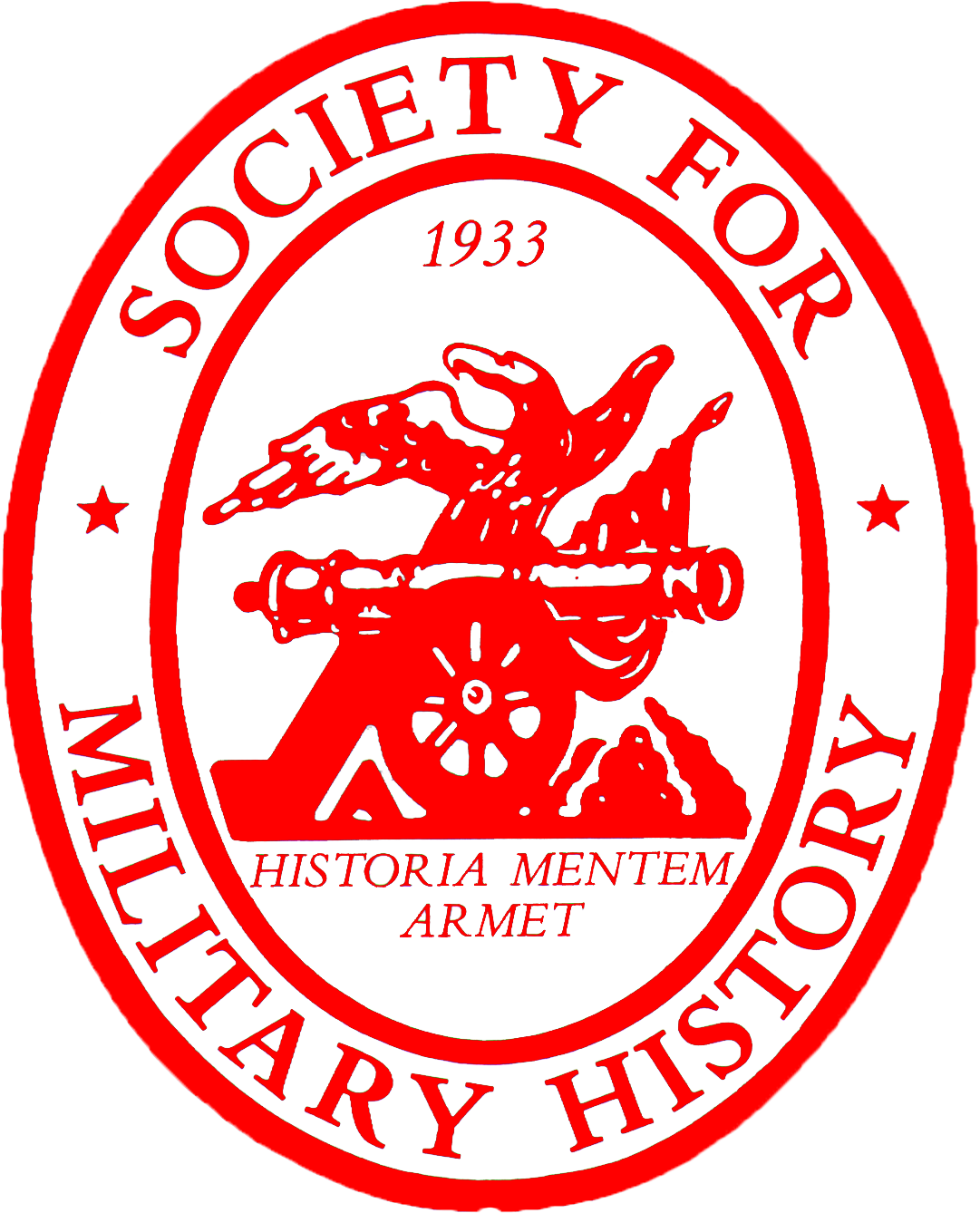
Geoffrey Megargee (1959-2020)
by Sarandis Papadopoulos, Ph.D.
With great sadness, we must recognize the passing of our colleague and friend Geoffrey Preaut Megargee, in Arlington, Virginia, on 1 August 2020. He had been ill for nine months prior to his death.
Geoff was born on 4 November 1959. He grew up in Esopus, New York, the son of Ann (née Mohan) and Anthony S. Megargee. His father was a World War II U.S. Army veteran of the campaign in northwest Europe, an experience which influenced both of Geoff’s interests and career paths. After earning his B.A. in history from St. Lawrence University (during which he joined ROTC and graduated from Ranger School), he became a U.S. Army officer, and served as a field artilleryman at Fort Ord, California. Following a stint in the corporate world, Geoff earned his M.A. in history from San Jose State University, studying with Professor Charles Burdick.
For his subsequent doctoral dissertation, completed in 1998 at the Ohio State University, Geoff wrote “Triumph of the Null: The War Within the German High Command 1933-1945,” with direction from Professors Williamson Murray, Alan Beyerchen and John F. Guilmartin, Jr. To support his research and writing, Geoff, received a J. William Fulbright Fellowship to Freiburg-im-Breisgau, Germany. In the dissertation, he successfully took to task the then-prevalent notion of the Second World War German General Staff as constituting a smoothly-functioning organization, its members apolitical and not responsible for their own defeat. Geoff’s work, which actively sought to contradict what German officers’ published memoirs said, also shed new light on the General Staff’s day-to-day functioning during the most intense period of the conflict.
Geoff continued his sterling scholarship after gaining the Ph.D. He was an author and editor whose work has been both widely and singularly recognized for over two decades. His vita lists no fewer than 16 contributions to the Society for Military History, whether conference papers, book or peer reviews, or evaluations of prize nominees. The exhaustive Encyclopedia of Camps and Ghettos, for which he served as editor-in-chief, so far totals over 4,500 pages in three volumes and has been recipient of a National Jewish Book Award, Judaica Reference Award, Library Journal’s Best of Reference Award and Choice magazine’s Outstanding Academic title. The fourth volume, for which he also served as a principal editor, about German and other Axis POW and other military prison camps, will be published in 2021. When done, the encyclopedia will address the histories of a major portion of the more than 42,500 Holocaust sites in Europe, a daunting task Geoff will unfortunately not complete, but one he undertook with energy and true scholarly devotion. Finally, Geoff’s first book, Inside Hitler’s High Command earned the Society’s own Distinguished Book Award in 2001, presented at the annual meeting in Calgary, Alberta, and has subsequently appeared in Italian, Korean and German translations.
Geoff worked hard to give back to his professional community. In many ways, he represented the ideal bridge builder and developer of a shared sense of goals. He chaired the Book Committee of the Arlington, Virginia-based Military Classics Seminar, was Treasurer of the U.S. Commission of Military History, and twice served as a Society for Military History Trustee, between 2013 and 2015, and from 2018 to 2019. During his second trustee term, he also served on the Society’s Conduct Committee. In all these, but especially the last, he understood the traits a mutually respectful, decorous group of scholarly professionals should maintain. His personality and work profile made him this type of leader, for Geoff’s career was an uncommon one, a military historian researching and writing at a non-military history institution, the United States Holocaust Memorial Museum. There he worked alongside senior officials, as well as public relations and development offices, allowing him to advance understanding of the Museum’s work worldwide. As a museum-sponsored researcher, author and editor, Geoff also both knew and reflected the values of a set of academic constituencies—curators, educators, archivists and historians, of different seniorities—all in one place. Such a diverse group needed a unifying ethic, and Geoff’s own principles valued the entire community contributing to history, allowing him to better understand the critical linkages between German military history and Holocaust studies.
On a personal note, Geoff often observed that he found military historians to be a perpetually collegial group, one accepting both contrary opinions and varying personalities within the discipline. In the twenty-five years I have known him, including 20 Society meetings and dozens of other events, this is exactly how Geoff has approached our colleagues. Whether graduate students, young faculty, serving officers, senior scholars, buffs, or simply readers, Geoff Megargee treated all military historians with the respect they deserve, modelling the behavior by members which any learned society needs to work well. The Society for Military History will miss his collegiality, his commitment, and his generosity.
Geoff Megargee’s family asks, in lieu of flowers, that donations be made to the Jack, Joseph and Morton Mandel Center for Advanced Holocaust Studies at the US Holocaust Memorial Museum or to a charity of your choice. He was predeceased by his parents and his sister Laurie J. Cummins. Geoff is survived by his wife Robin J. Frank, a retired international and space law attorney in Arlington, Virginia, and their 17-year-old son Ruslan N. P. Megargee, and by his brothers Gerald E. Cummins (wife Marty) and David B. Cummins.
Please share memories, stories and sentiments about Geoff Megargee below.

